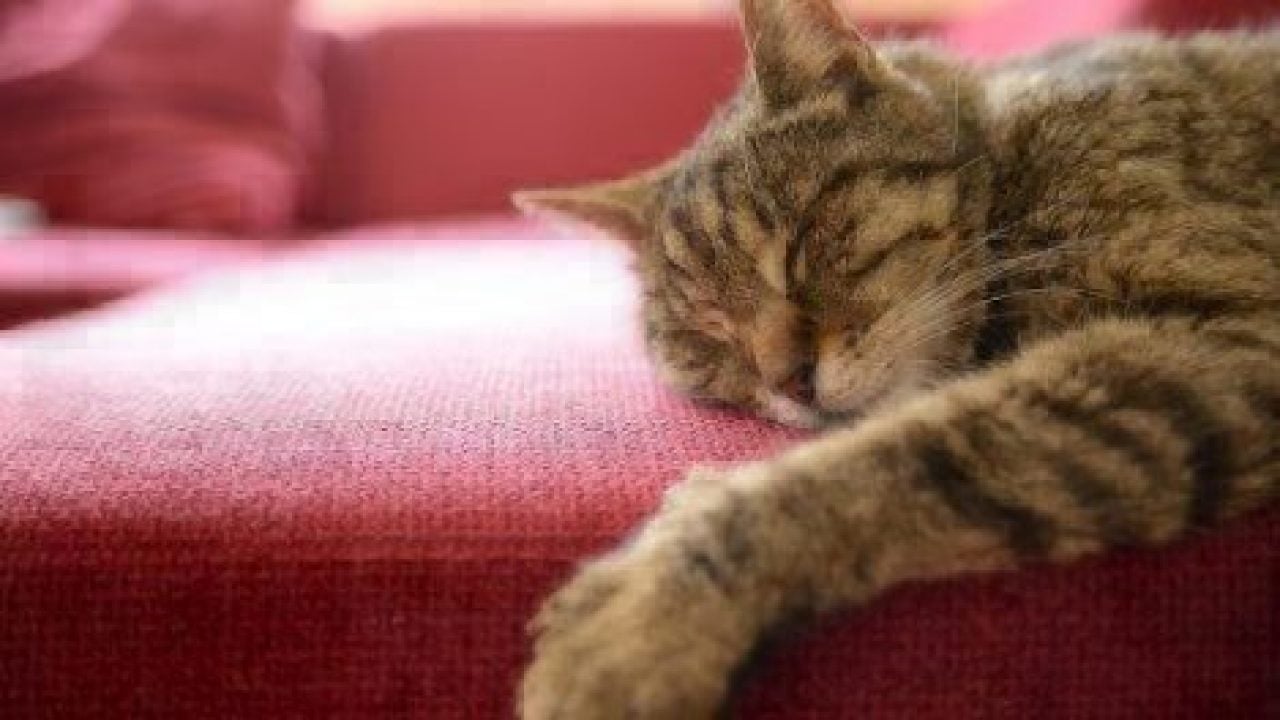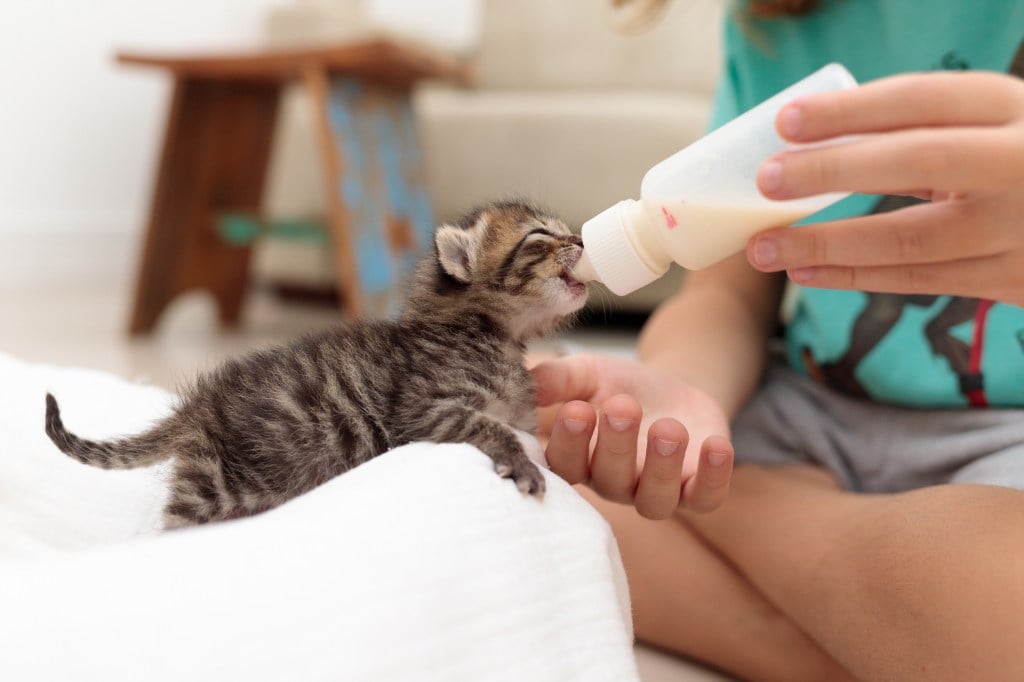Table of Contents
Heart disease is seen frequently among cats, especially those that are geriatric. Congestive heart failure, hypertrophic cardiomyopathy, and heart murmurs are the most common cardiac conditions present in our feline patients. Less commonly, dilated cardiomyopathies can also be present. Recognizing the clinical signs of heart disease can aid in early diagnosis and treatment to slow the progression and minimize complications.
Clinical Signs and Symptoms of Heart Disease in Cats
- Coughing
- Difficulty breathing
- Weakness
- Lethargy
- Decreased appetite
- Weight loss
- Sudden paralysis of the hind legs (due to a blood clot)
The first signs pet parents typically see when their cats have early heart disease are coughing or difficulty breathing. As the condition progresses, the signs will worsen. If you notice any of these clinical signs, taking your cat to the veterinarian will help determine whether heart disease is present.
Diagnosis
To diagnose a heart condition, your cat’s veterinarian will perform a physical examination, collect a thorough history, and take chest radiographs (x-rays). Additional diagnostic testing, such as bloodwork and urinalysis, is often performed to rule out any other possible conditions that could be contributing to your cat’s symptoms. If needed, your cat may be referred to a cardiologist where an echocardiogram can be used to characterize the extent of disease and treatment options.
Heart disease affects both male and female cats. It can also occur at all ages, though seniors are more commonly affected. Some breeds are genetically predisposed to hypertrophic cardiomyopathies, such as Maine Coons, Persians, and Ragdolls. Dilated cardiomyopathies are thought to arise from a taurine deficiency, which is an essential amino acid in your cat’s diet.
Preventing Heart Disease in Cats
Heart disease can be congenital or acquired. Genetics can play a role in disease development, but so can infectious agents and structural or functional abnormalities of the heart. Keeping up with regular veterinary visits can ensure any issues will be detected early on. Make note of any changes in your cat’s behavior or health and voice your concerns during the exam. Exercise, weight management, and a wholesome diet are important to maintain the health of your cat. If your cat has been diagnosed with cardiomyopathy, avoid extreme heat and stressful situations that may result in difficulty breathing or increased heart rate.
Heart Disease Treatment
Heart disease can be managed with treatment, and having pet insurance can help offset the cost as long as it is not a pre-existing condition prior to the start of coverage.
Medications can improve the function of your kitty’s heart. Your veterinarian will prescribe medicines to combat high blood pressure and to help the heart pump more efficiently and effectively. Cats with congestive heart failure may also be suffering from fluid within their lungs, which can be treated with diuretics.
Follow-up radiographs (x-rays) are necessary at regular intervals to ensure the treatment is working and heart disease is not worsening over time. Your veterinarian will also want to regularly check your cat’s blood pressure and perform physical exams. Cats with chronic heart disease may subsequently develop kidney disease due to poor perfusion. Doing regular bloodwork to assess kidney function is recommended for this reason.
Overall your cat can live a long, happy life despite heart disease as long as it is detected early and treated with the appropriate therapies.
The content is not intended to be a substitute for professional veterinarian advice, diagnosis, or treatment. Always seek the advice of your veterinarian or other qualified health provider with any questions you may have regarding a medical diagnosis, condition, or treatment options.









